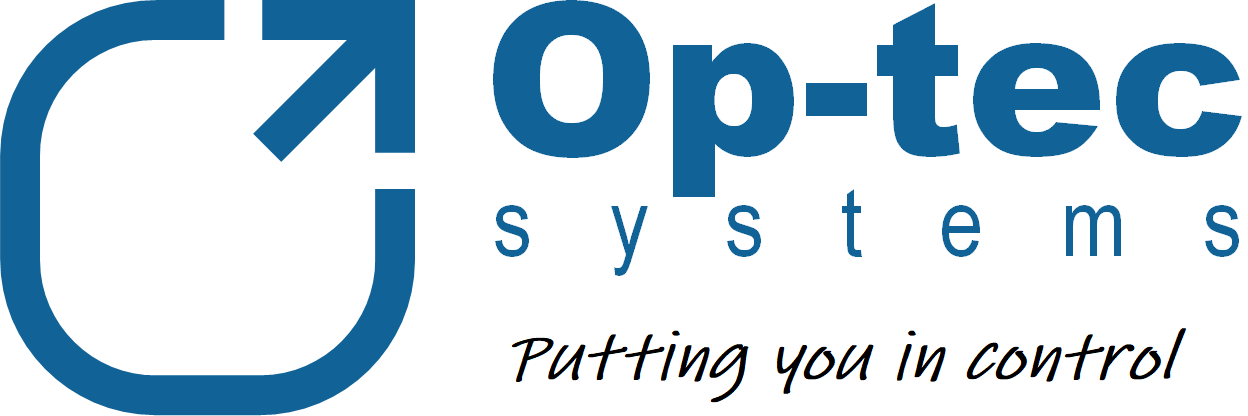May 1997 was a turning point in the world of chess. Garry Kasparov, chess grandmaster and world-champion at the time, was beaten by IBM’s Deep Blue 2.5 - 3.5 in a 6 match tournament.
Popular attention subsequently moved to Go, where humans still had the edge. It took until March of 2016 before Google’s AlphaGo beat Lee Sedol 4 - 1. Since, it has been largely accepted that computers can out-compete humans when it comes to strategy board games.
However after Kasparov’s defeat in 1997, he championed ‘freestyle chess’, to see how far technology could push the level of chess being played by teams made up of anyone or anything. As freestyle tournaments became more common something very interesting happened. Centaurs - humans using readily available chess software and off-the-shelf laptops - were able to win against the most advanced artificial intelligence running on supercomputers. There’s more: the best centaurs weren’t grandmasters, but amateur chess players with backgrounds such as gaming and programming.
So what does this tell us?
In freestyle chess you don’t have to be a grandmaster to beat the best AI. In fact being a grandmaster doesn’t improve your chances as much as being familiar with computers.
People who train themselves using YouTube can now finish DIY projects with a level of quality previously only achieved by professionals who know the ‘trade secrets’.
Companies are increasingly focused on retaining organisational knowledge in their processes and systems, reducing the impact of staff turnover. In fact the latest ISO 9001 quality standard is now explicit about this (clause 7.1.6 if you’ve got a copy).
To me the future looks like it belongs to those who, like centaurs, know how to best use technology. Not those who’ve amassed the most knowledge.
In which case the highest performing businesses will be those who’ve invested in their systems, processes and technology - and focused on making them easy for people to use.
